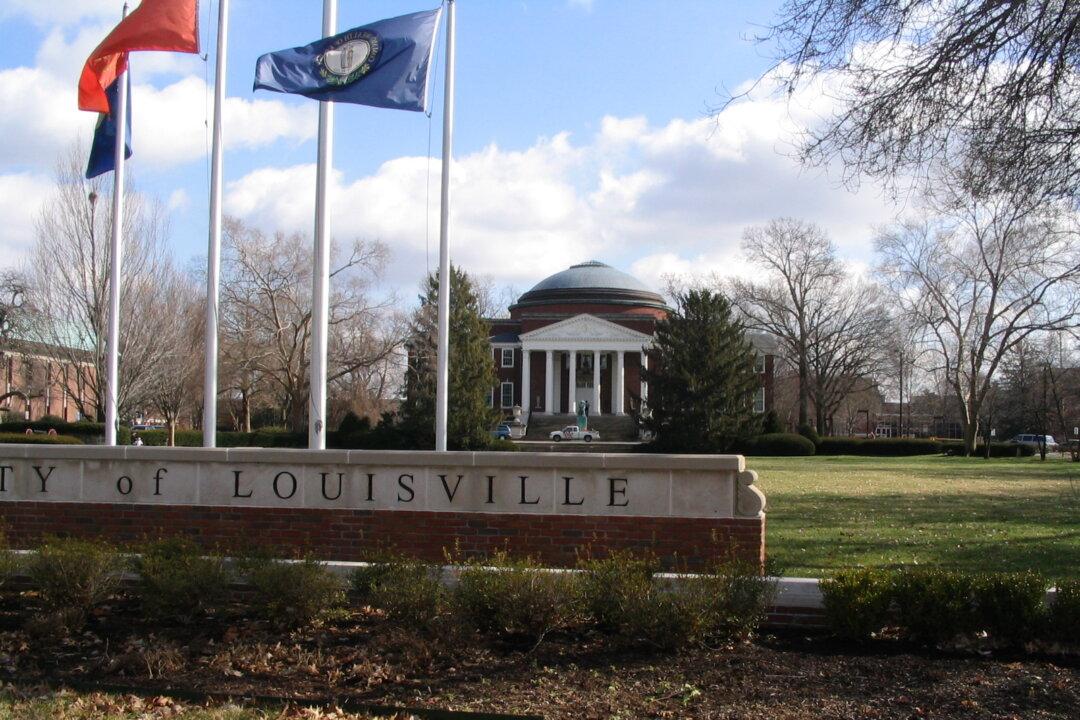Student leaders from a group of taxpayer-funded Kentucky universities are urging state lawmakers to approve legislation to protect free speech on campus from administrators who inhibit free expression of ideas.
The students say state law needs to protect students from oppressive speech codes on campus, traditionally a place of learning and open discussion, that limit what they can say and violate their constitutional rights. Legislation defending free expression on campus is currently pending in the Iowa legislature.





